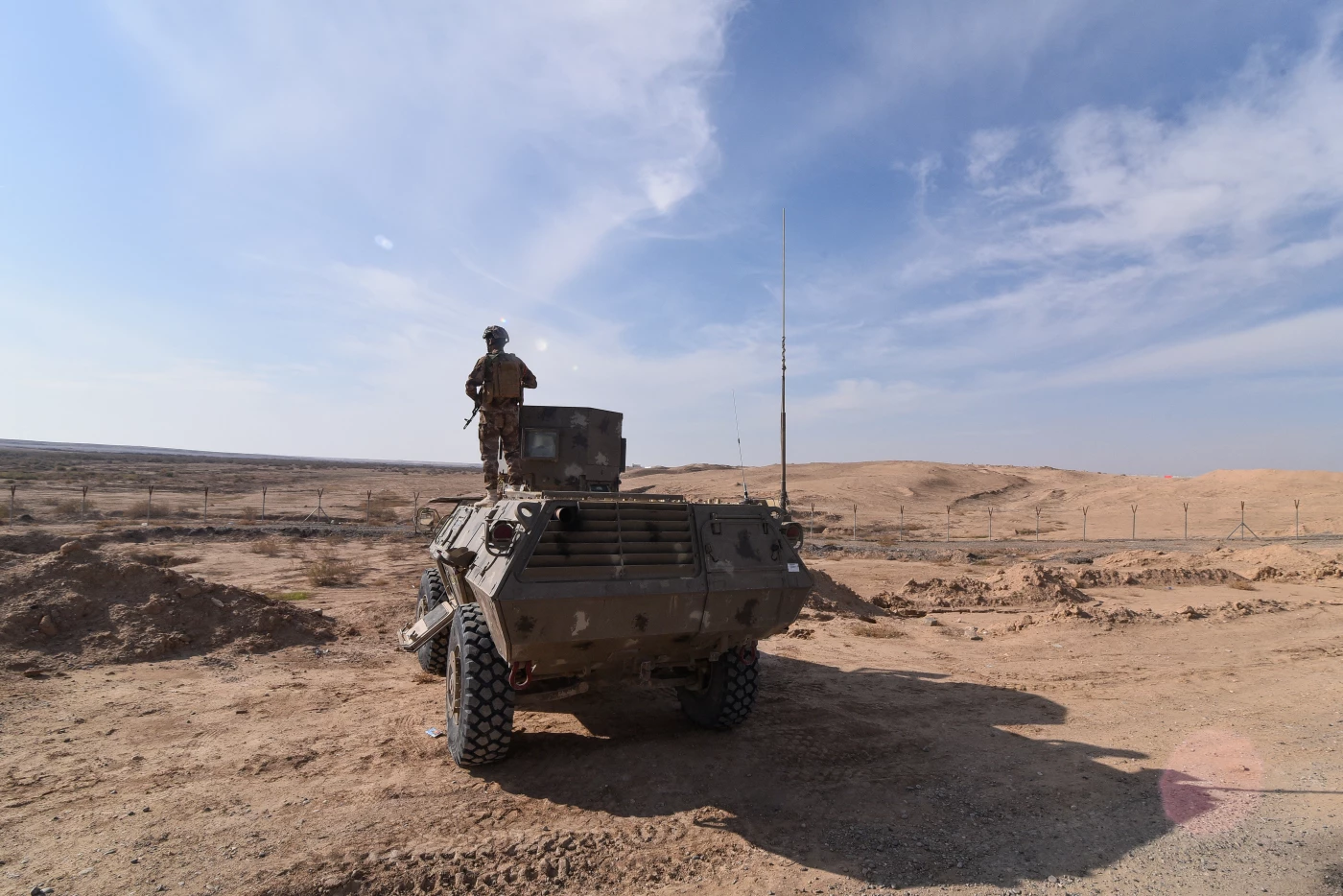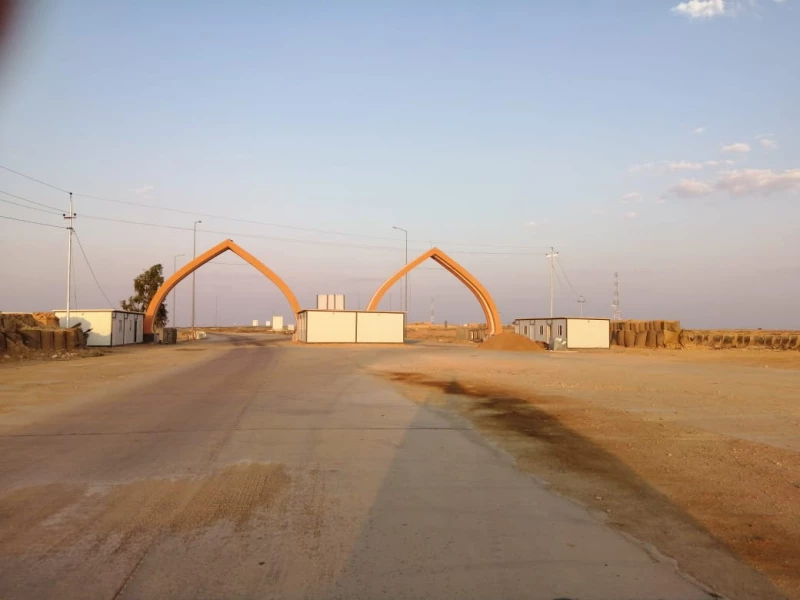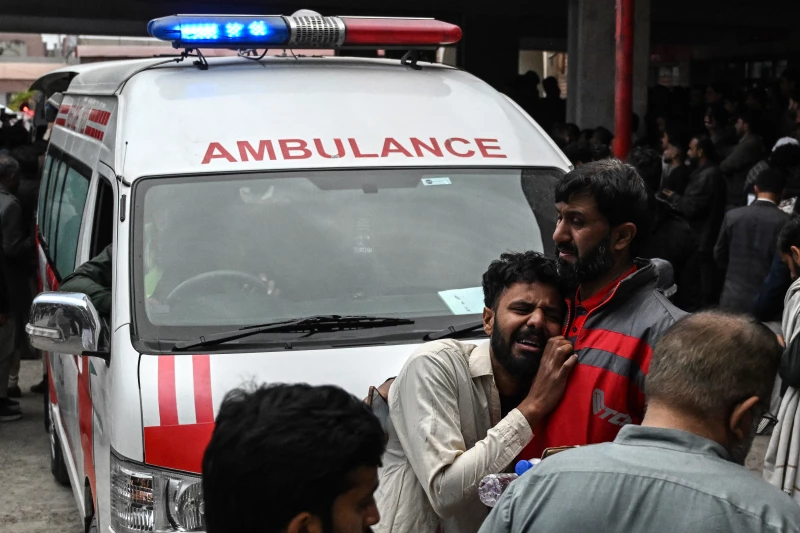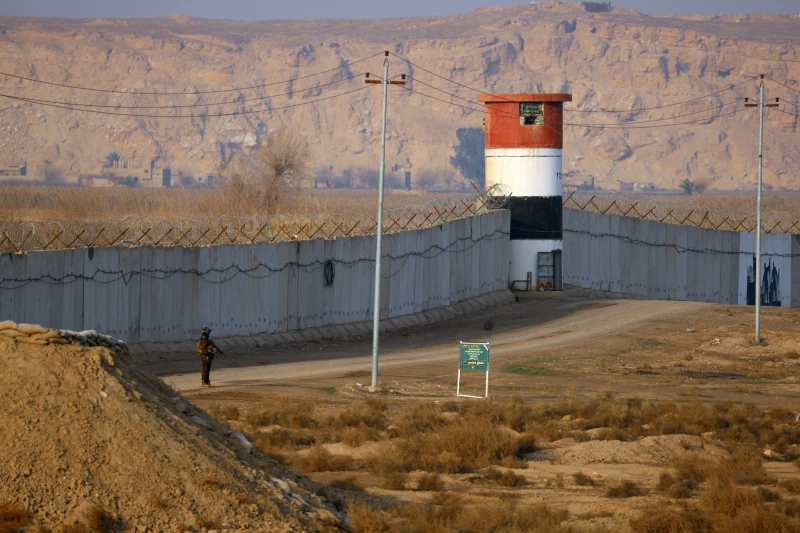ERBIL, Kurdistan Region of Iraq - Tens of policemen and officers from Kirkuk province will be dispatched to the Iraq-Syria borderlines, as part of the Iraqi government’s continued measures to secure its borders against any possible penetration from extremist groups into the country.
“Upon an order from the Iraqi Ministry of the Interior, 150 policemen will be dispatched to the Iraq-Syria border, where they will stay for 15 days,” Amir Nouri, spokesperson of Kirkuk Police Directorate, told The New Region on Thursday.
The policemen would be moved to the border as a reinforcement to “fill the security void existing on the Iraq-Syria border,” Nouri said.
The police official said Iraq shares a long border with Syria and it needs “a huge number of security forces” to secure it.
The Assad family’s five decades of rule spectacularly came to an end on Sunday, as a result of a 10-day sweeping offensive led by rebel group Hay’at Tahrir al-Sham (HTS).
Soon after the Damascus regime's downfall, opposition groups formed an interim government under Mohammed al-Bashir's leadership until March 1.
The unprecedented developments in Syria have sparked concerns among the Iraqi public and authorities over the conflict’s potential repercussions on Iraq. As a result, Iraq has amassed heavy weapons and a huge number of troops on the border with Syria. Iraq shares a long border with Syria, which runs a length of around 600 kilometers.
The HTS and their first-in-command Ahmed al-Shar’a, also known as Abu Mohammed al-Julani, have repeatedly tried to reassure the people and government of Iraq that they do not pose a threat to Iraq or other countries in the region, adding that they are committed to strengthening "brotherly ties" with Baghdad and working toward shared interests, which they said required “continued cooperation and understanding” between the two sides.
A member of the Iraqi parliament’s foreign affairs committee on Monday told The New Region that Iraq cannot engage with the armed groups currently in charge of Syria but will work with a Damascus government that respects international norms.
“Iraq, without a doubt, cannot engage with the armed groups currently controlling Syria, as they are classified as terrorist organizations,” MP Mukhtar al-Moussawi told The New Region. “Additionally, the leader of these groups, Abu Mohammed al-Julani, has death sentences in Iraq due to his involvement in various terrorist activities.”
Julani joined al-Qaeda in Iraq in 2003 just weeks before the American invasion and quickly rose through the group’s ranks. He was arrested by US forces in Iraq in 2006 and imprisoned for over five years. His release in 2011 coincided with the start of the Syrian civil war, and he would go on to form Jabhat al-Nusra, the Syrian branch of al-Qaeda, after reaching an agreement with Abu Bakr al-Baghdadi, Emir of the Islamic State (ISIS).
“Iraq cannot engage with him [Shar’a] or have any communication with him in any form,” said Moussawi.



 Facebook
Facebook
 LinkedIn
LinkedIn
 Telegram
Telegram
 X
X


